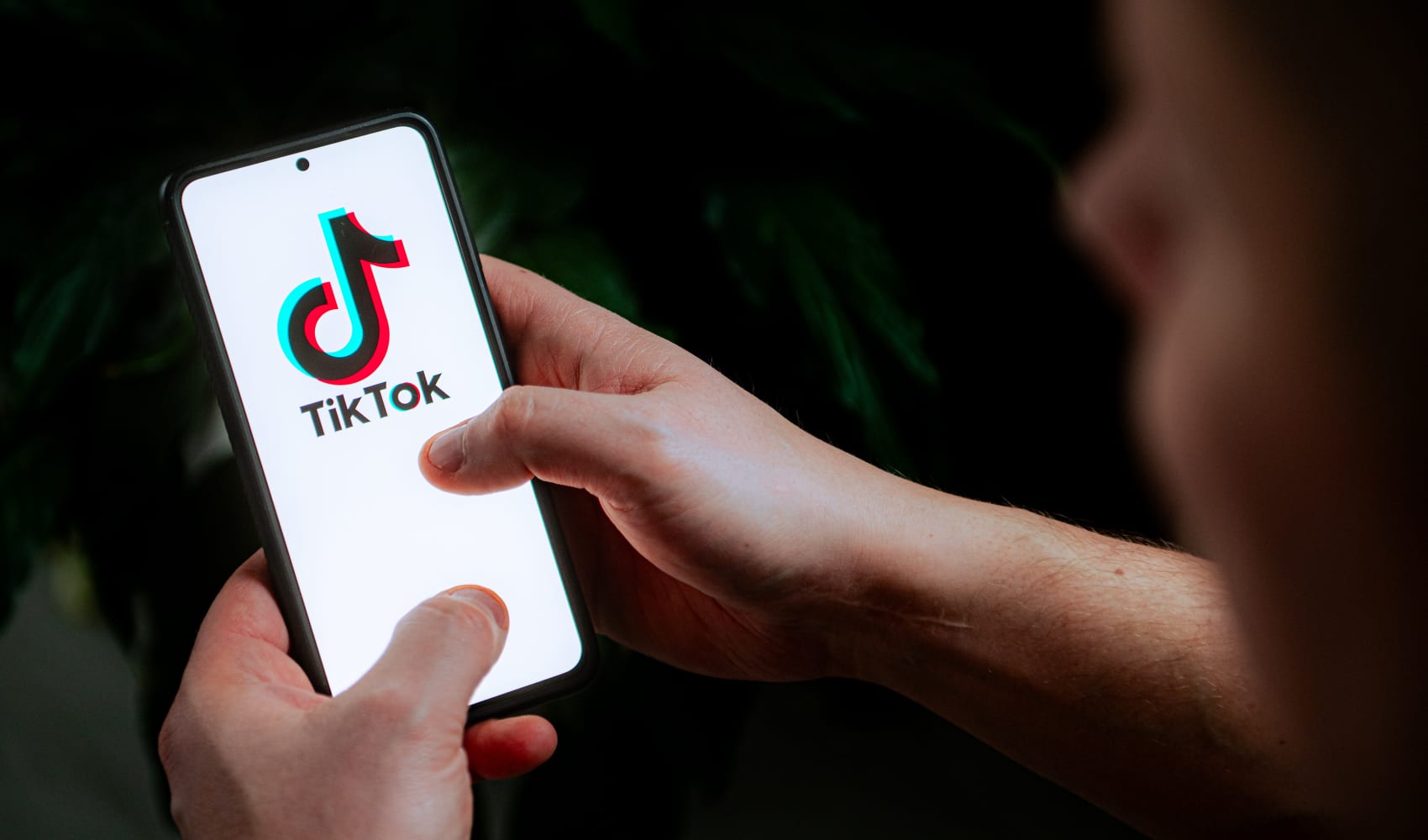
Being in the groove, in the zone — finding "flow." The feeling of being so engrossed in an activity that time slips away.
States of flow can lead to productive work sessions or explain your compulsion to endlessly scroll through social media. For the most part, they're a good thing: People like being in flow states, says David Melnikoff, a productivity expert and Stanford Graduate School of Business assistant professor of organizational behavior.
Conventional wisdom dating back to the term's establishment in the 1970s — by a psychologist named Mihaly Csikszentmihalyi — says that flow comes from finding a challenge that you can totally immerse yourself in. Melnikoff's research counters that idea: If you want to be highly productive, you only need to take an uncertain situation and figure out how to exert some control over it, he says.
Think about a person playing a slot machine for hours, says Melnikoff. You might not think of them as being highly productive or engaging in a particularly challenging task, but they're in a flow state nonetheless. The act of pulling the lever turns an uncertain outcome into a certain one.
Get top local stories in Connecticut delivered to you every morning. Sign up for NBC Connecticut's News Headlines newsletter.
Social media is designed to work similarly, says Melnikoff. "Social media is an emotional roulette wheel," he tells CNBC Make It. "When we scroll, we spin the wheel to reduce our uncertainty about that question: How will I feel next?"
Perhaps counterintuitively, you can use that same concept to make yourself more productive, he says. Here are Melnikoff's top three tips for intentionally getting yourself into a state of flow:
Reframe your tasks to add uncertainty
Money Report
It may seem backwards, but the No. 1 way to induce flow is to increase uncertainty in your tasks, says Melnikoff. The more unknowns you face, the more opportunities you'll have to turn each one into a certain outcome.
Most tasks can be reframed to add uncertainty, he notes. Trying to clear your entire inbox can feel overwhelming or unmanageable, so instead, set a timer for 15 minutes and see how many emails you can tackle within that time frame.
"If you want to foster flow in your own life, you really want to try to mentally represent or frame your tasks in ways that make your outcomes as uncertain as possible, so that by taking action, you can reduce as much uncertainty as possible," Melnikoff says.
Avoid yes-or-no questions
Avoid asking yourself yes-or-no questions, says Melnikoff. When he sits down to write an academic paper, he doesn't ask himself whether he can finish a specific section within the next hour. Instead, he asks himself how many words he can write within the next hour and makes it his goal to just keep writing until the hour ends.
Binary tasks, where the only outcomes are success or failure, aren't very conducive to flow, Melnikoff says. Instead of wondering if you can complete all 12 items on your to-do list before 5 p.m., try challenging yourself to finish as many of them as possible.
"What you want to do is think about number of words as a continuous outcome that can be anything from zero to thousands and thousands, rather than a binary success, failure outcome which only has two and therefore is very certain," Melnikoff says.
Think in terms of streaks
Think in terms of streaks, recommends Melnikoff. Challenge yourself by asking: How many consecutive questions can I answer? How many shots in a row can I make on the basketball court? What's the minimum number of attempts I need before considering myself successful?
Since questions like, "Can I make my next five shots in a row?" have a yes-or-no outcome, you're better off focusing on a more ambiguous number of consecutive successes or failures, Melnikoff says.
None of this is meant to replace your other productivity strategies, he stresses. Rather, these tips are designed to help you get through your to-do list or time-blocked calendar with more efficiency and less stress.
"If you have the privilege of being able to set aside a good chunk of time to do something, you should pretty much invariably be aiming to get into a flow state," says Melnikoff. "People value the sense that they're being productive and one with the activity that they're engaging in. This sense of purpose and fulfillment makes people happier."
Want to master your money this fall? Sign up for CNBC's new online course. We'll teach you practical strategies to hack your budget, reduce your debt, and grow your wealth. Start today to feel more confident and successful. Use code EARLYBIRD for an introductory discount of 30% off, now extended through September 30, 2024, for the back-to-school season.
Plus, sign up for CNBC Make It's newsletter to get tips and tricks for success at work, with money and in life.






